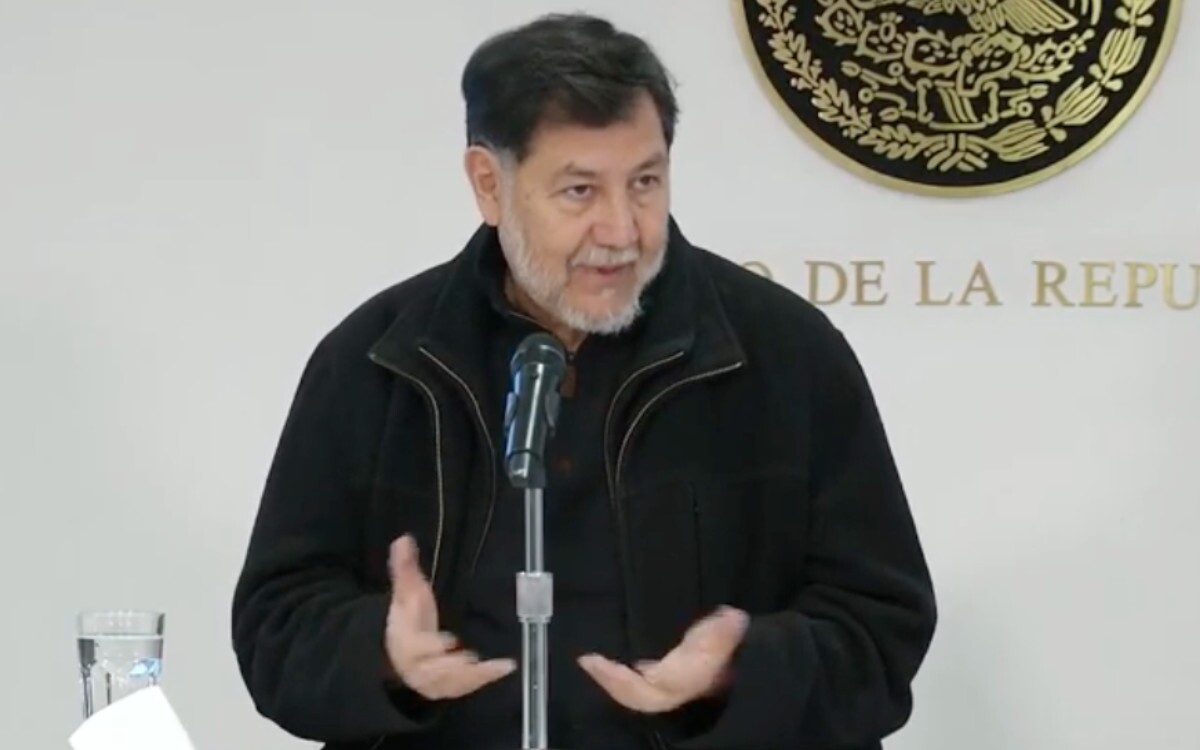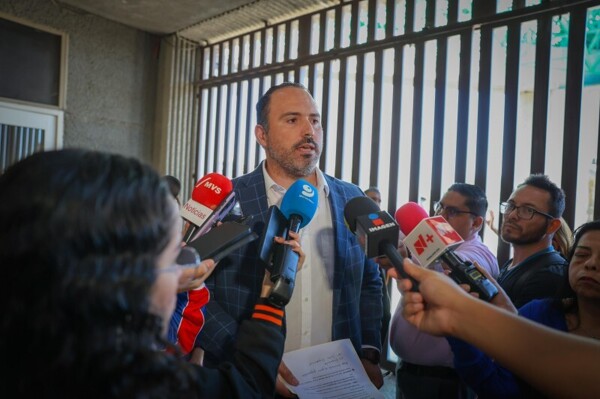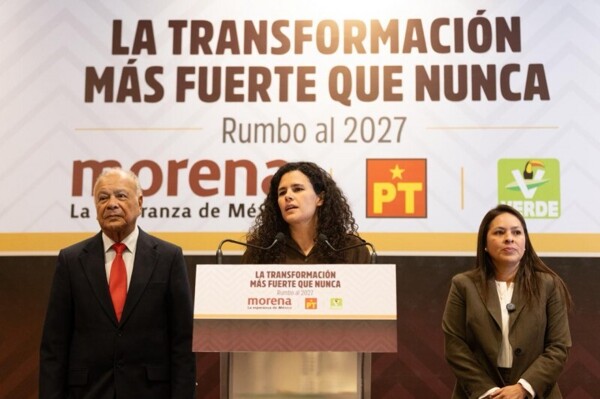
The Senate of Mexico will challenge approximately twenty candidates for judges in the election on June 1 before the Electoral Tribunal of the Federal Judiciary (TEPJF), who allegedly have ties to drug trafficking. This was reported by Gerardo Fernández Noroña, president of the Upper Chamber. On Tuesday, Fernández Noroña told the media that they have detected defenders of drug traffickers attempting to access the Judiciary through the elections on June 1, and he requested the National Electoral Institute (INE) to withdraw those candidacies.
At a press conference on Wednesday, Fernández Noroña stated that they are in the right time to remove, before the electoral day, candidates who do not meet the necessary integrity requirements to be part of the justice system. The president of the Mexican Senate indicated that this is not a whim or a personal veto, but an effort to prevent individuals who have defended drug traffickers or have systematically provided amparos to free them from jail from participating on the election day.
Fernández Noroña mentioned that the unsuitable candidacies do not exceed twenty exceptional cases and warned that he will not reveal the names of the candidates. However, he pointed out that at the appropriate time, the names of those challenged from the Legislative would be made public. He also emphasized the need to withdraw candidacies in exceptional cases before the electoral process, highlighting that it is a warning signal that must be addressed.
Senate President Claudia Sheinbaum urged the Electoral Tribunal to invalidate judicial candidates with links to drug trafficking, after it was acknowledged that there are applicants with these ties. A civil group documented 13 candidates related to organized crime, sexual offenses, political-religious sects, and other irregularities on the site 'Justice in Focus.' Among them is Silvia Rocío Delgado, former attorney of drug lord Joaquín 'El Chapo' Guzmán Loera.
This process reflects the controversy surrounding the first popular election of the Judiciary in Mexico, in which a record 99.7 million voters are called to choose for the first time 881 positions among 3,422 candidates, including the Supreme Court, the new Judicial Disciplinary Tribunal, and the Electoral Tribunal. The campaigns began on March 30 and will end on May 28, with warnings from the opposition, international organizations such as the UN, current judges, and civil associations about potential intervention from the Executive and organized crime in the elections.













